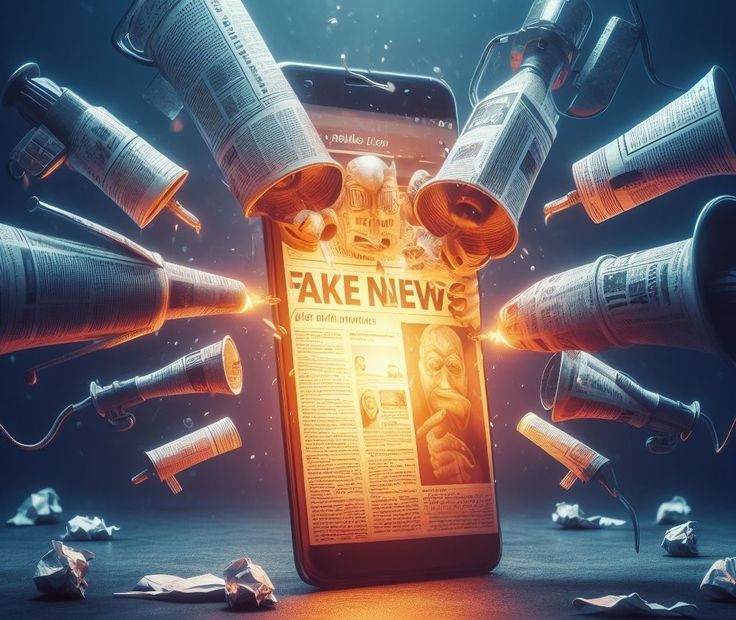The Surge of Misinformation in Africa: An In-depth Analysis of the Africa Center for Strategic Studies Report
In recent years, Africa has witnessed a dramatic surge in disinformation campaigns, a trend outlined in a comprehensive report by the Africa Center for Strategic Studies. These campaigns, designed to manipulate African information systems, have nearly quadrupled since 2022, with far-reaching consequences for democracy, stability, and security across the continent.
Here is a closer look at some of the critical disinformation campaigns and their impacts:
Scope and Impact of Disinformation Campaigns
The report documents 189 disinformation campaigns in Africa, targeting at least 39 countries. These campaigns have directly contributed to deadly violence, validated military coups, suppressed civil society, and provided cover for corruption and exploitation. The proliferation of disinformation is particularly pronounced in countries experiencing conflict, with a median of 5 campaigns per country.
Foreign State Actors and Disinformation
Foreign state actors, including Russia, China, the United Arab Emirates (UAE), Saudi Arabia, and Qatar, are responsible for nearly 60% of the documented disinformation campaigns in Africa. Russia, in particular, stands out as the primary purveyor of disinformation, sponsoring 80 campaigns across 22 countries. These campaigns, often linked to the Wagner Group, aim to influence African politics and undermine democratic processes.
Regional Disinformation Trends
West Africa: The region is heavily targeted by disinformation, with Russia leading campaigns that have contributed to instability and military coups in countries like Mali, Burkina Faso, and Niger. The military juntas in Mali and Burkina Faso are increasingly dependent on Russian backing to hold onto power, emulating Russian disinformation techniques while scapegoating France, the United Nations, and human rights groups.
East Africa: Sudan and Kenya are particularly affected, with domestic political disinformation rising in Kenya, while Sudan faces a barrage of conflicting claims from both sides of its conflict. Al Shabaab and the Islamic State in Somalia (ISS) have been early adopters of disinformation, spreading extremist ideology in African languages.
Central Africa: UN peacekeeping missions in the Central African Republic (CAR) and the Democratic Republic of the Congo (DRC) have been targeted, with disinformation campaigns inciting violence and undermining peace efforts. Russia has been connected to eight disinformation campaigns in CAR, blurring the lines between external and domestic disinformation.
Southern Africa: China’s use of bots to amplify its diplomats’ messages is prevalent in the region, while Russia has been active in South Africa, pushing polarizing narratives and bolstering the ruling party. China has been the primary external purveyor of disinformation in Zimbabwe, supporting ZANU-PF and promoting anti-Western narratives.
North Africa: Russia has established a significant presence in Egypt, using state-run media to spread its narratives. In Libya, disinformation has sought to bolster warlord Khalifa Haftar and disrupt peace efforts. Domestic disinformation targeting opposition political actors and pro-democracy activists has been documented in each North African country.
Affected States and Direct Impact
The impact of these disinformation campaigns is profound, with direct consequences for democracy, stability, and security in Africa. They have eroded trust in democratic processes, fueled political instability, and contributed to human rights abuses. If left unchecked, these campaigns could further undermine efforts to address pressing challenges such as climate change, conflict resolution, and economic development.
Tackling Disinformation
Addressing the surge in disinformation requires a multi-faceted approach involving media literacy, regulation, fact-checking, and collaboration between governments, civil society, and technology companies. By working together, African countries can protect their information systems and safeguard their societies against the harmful effects of disinformation.
